Managing Body-Focused Repetitive Behaviors (BFRBs): Support, Understanding, and Hope
Many people silently struggle with habits that seem small on the surface—like nail biting or skin picking—but become deeply distressing over time. These behaviors are called Body-Focused Repetitive Behaviors (BFRBs), and while they are often misunderstood, you are not alone in your experience.
At BrainBody Wellness Counseling in Scottsdale, AZ, we support clients of all ages in managing BFRBs, OCD, and anxiety with compassion, evidence-based care, and personalized strategies for healing.
What Are Body-Focused Repetitive Behaviors (BFRBs)?
BFRBs are repetitive physical actions—such as hair pulling, nail biting, or skin picking—that are often triggered by distress, boredom, or a need for sensory regulation. While BFRBs are not classified as Obsessive Compulsive Disorder (OCD), they share some common characteristics, including an urge to perform the behavior that temporarily relieves discomfort or anxiety.
For many individuals searching for OCD therapy near me, BFRBs may also be a part of their experience. These behaviors can become a way of coping with emotional discomfort, but there is hope and effective treatment available.
How Common Are BFRBs?
BFRBs are more common than you might think, affecting approximately 1 in 20 people. They often emerge during childhood or adolescence and can continue into adulthood if left unaddressed. Studies show that individuals with OCD or anxiety disorders are at a higher risk of developing BFRBs as well, highlighting the importance of treating these behaviors in a holistic, integrated manner.
Causes of BFRBs
The causes of Body-Focused Repetitive Behaviors (BFRBs) are not fully understood, but several factors can contribute:
Genetics: Family history plays a role, as BFRBs often run in families, suggesting a genetic predisposition.
Psychological Factors: Stress, anxiety, boredom, and emotional regulation issues are common triggers. Many individuals use BFRBs as a way to cope with intense feelings or difficult emotions.
Neurological Factors: Research suggests that the brain’s reward system may be involved, reinforcing the behavior as a way to provide temporary relief from distress.
Trauma: Past trauma or adverse childhood experiences (ACEs) may increase the likelihood of developing BFRBs as a means of self-soothing.
Understanding the underlying causes is crucial to treating these behaviors effectively. At BrainBody Wellness, our therapists take a trauma-informed, holistic approach to help you address both the emotional and physiological components of BFRBs.
Common Types of BFRBs
Excoriation Disorder (Dermatillomania): Repetitive skin picking, often leading to sores, scabs, and infections. Frequently co-occurs with OCD and anxiety.
Trichotillomania: Compulsive hair pulling, including from the scalp, eyebrows, or eyelashes.
Onychophagia: Severe nail biting, sometimes causing damage to the nail bed.
Morsicatio Behaviors: Repeated biting of the lips, cheeks, or tongue, resulting in raw or injured tissue.
Onychotillomania: Picking or pulling at fingernails, toenails, and the surrounding skin, often leading to hangnails and open wounds.
Treatment Options: Real Relief Is Possible
Cognitive Behavioral Therapy (CBT) is a leading treatment for BFRBs. It helps clients understand the connection between their thoughts, emotions, and behaviors—and how to interrupt the cycle of self-soothing through repetitive actions.
Habit Reversal Training (HRT)
A specialized form of CBT, Habit Reversal Training (HRT) focuses on identifying patterns and replacing harmful behaviors with healthier alternatives. Here’s how it works:
Awareness Training: You'll work with your therapist to identify your personal cues—times, places, or emotional states that trigger the behavior.
Competing Response Development: Together, you’ll create alternative actions that serve a similar purpose. For example, using a fidget tool instead of hair pulling.
Motivation Building: Change takes time. We help you stay motivated by exploring the personal benefits of breaking free from BFRBs.
Generalization of New Skills: Practicing these new responses in everyday life helps reinforce and normalize your progress.
You're Not Alone—And You’re Not Broken
If you're dealing with OCD, anxiety, or BFRBs, it doesn’t mean you lack willpower or discipline. These behaviors are deeply tied to your nervous system, and healing means learning new, supportive ways to care for yourself.
At BrainBody Wellness Counseling, our licensed and experienced therapists specialize in treating OCD, anxiety disorders, and body-focused repetitive behaviors. Whether you’re seeking support for yourself, your teen, or your child, we’re here to help you build lasting change—without shame.
Are you struggling with a BFRB or OCD? Schedule a free treatment consultation with one of our experts here.
